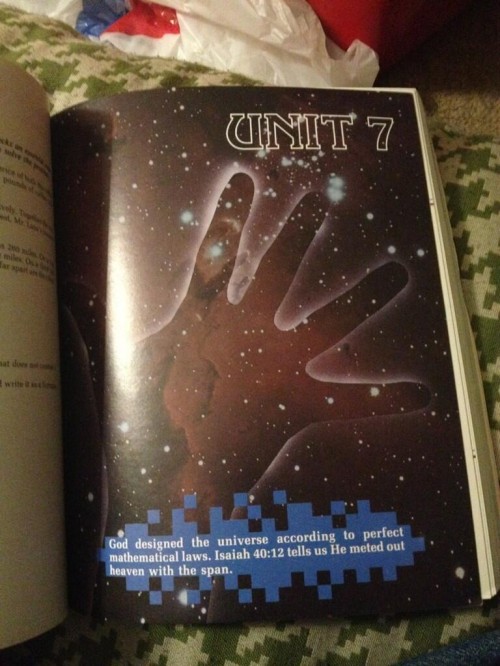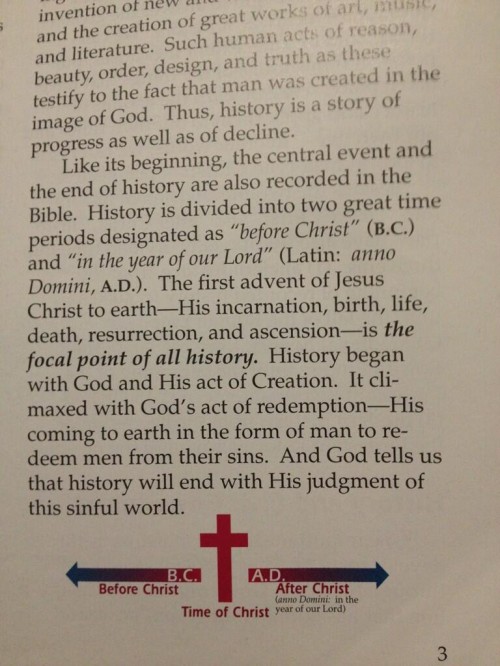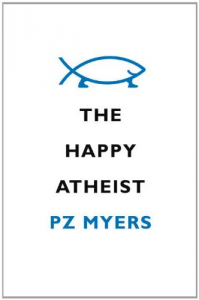I’m teaching cancer biology in the fall, and if you want to get a head start over the summer, here are the texts we’re going to be using:
Biol 4103: Cancer Biology
Introduction to Cancer Biology, by Robin Heskith
Cambridge University Press, 1st ed.
ISBN 978-1107601482
The Emperor of All Maladies: A Biography of Cancer, by Siddhartha Mukherjee
Scribner, reprint ed.
ISBN 978-1439170915
Last time around, I used Weinberg’s The Biology of Cancer, which is an excellent, in-depth text, but was really heavy going for an undergraduate course — it’s more of a graduate/MD level reference book. The Heskith book is very good, giving more substantial introductions to the difficult concepts, and also as a bonus, is one third the price. Just having general chapters on cell signaling in normal cells, for instance, will be a big help in bringing students up to speed.
For you outside observers, sorry, but this class won’t be going the supplementary blogging route. I’ve got some other cunning schemes I’m going to try on the students instead.





